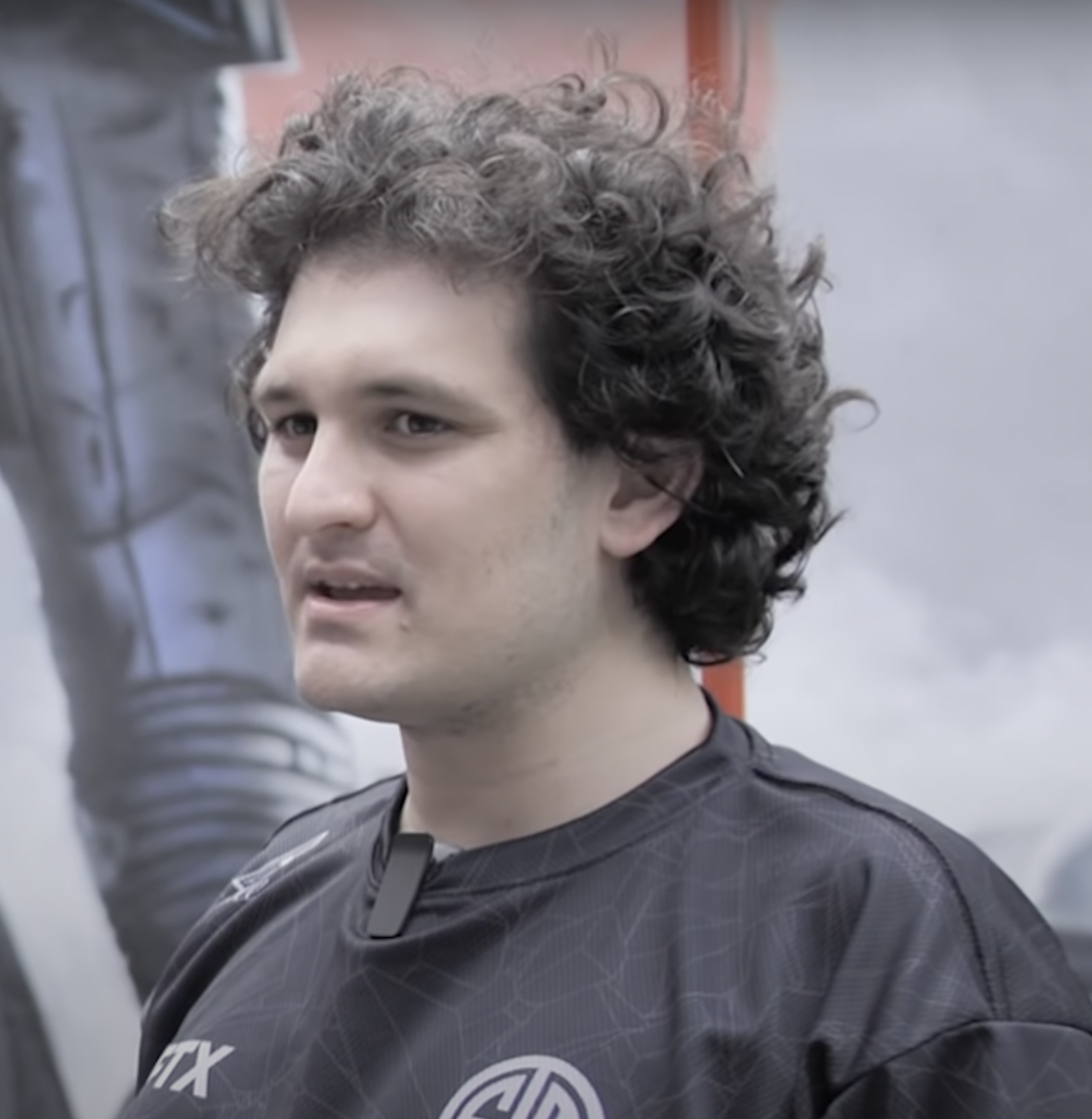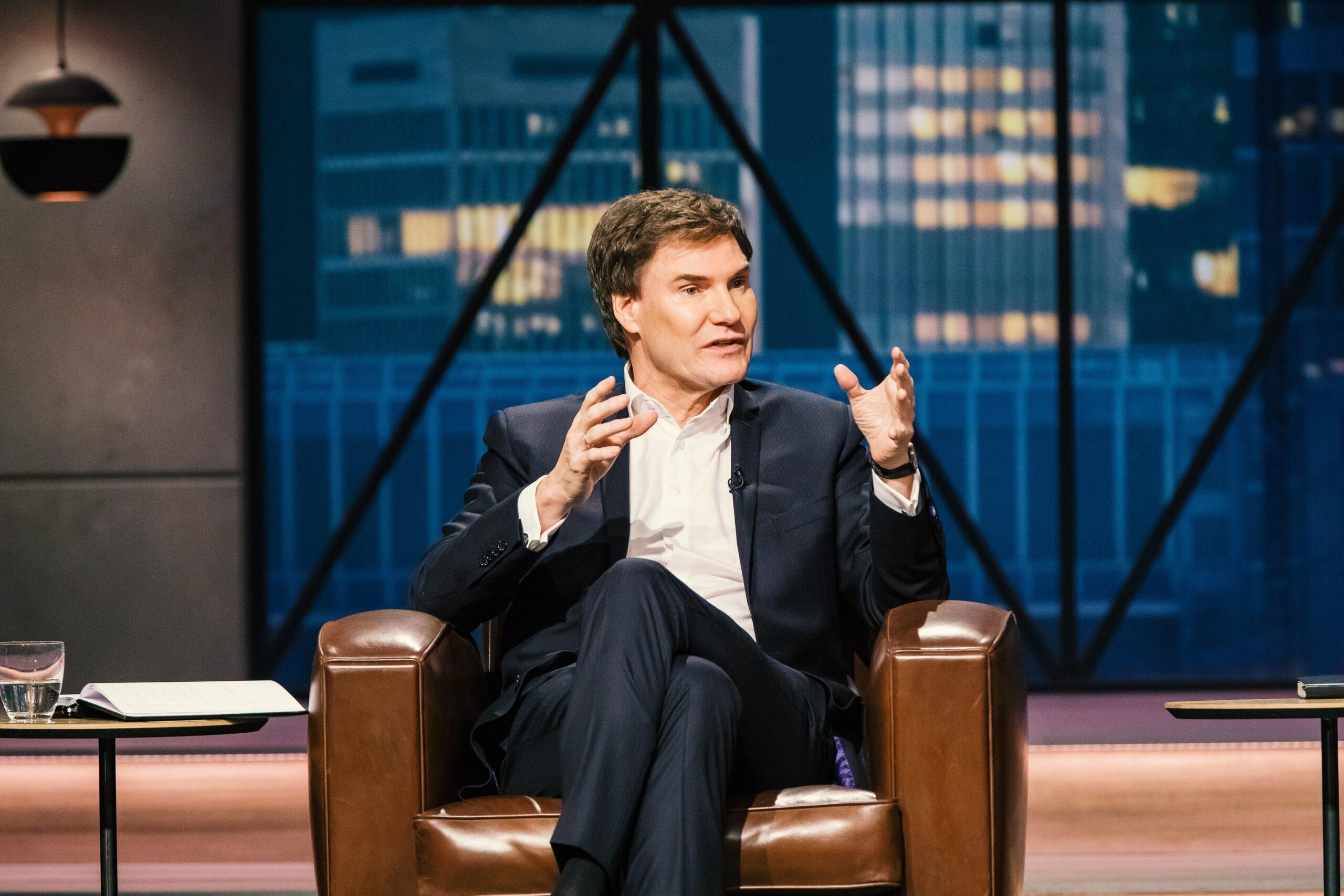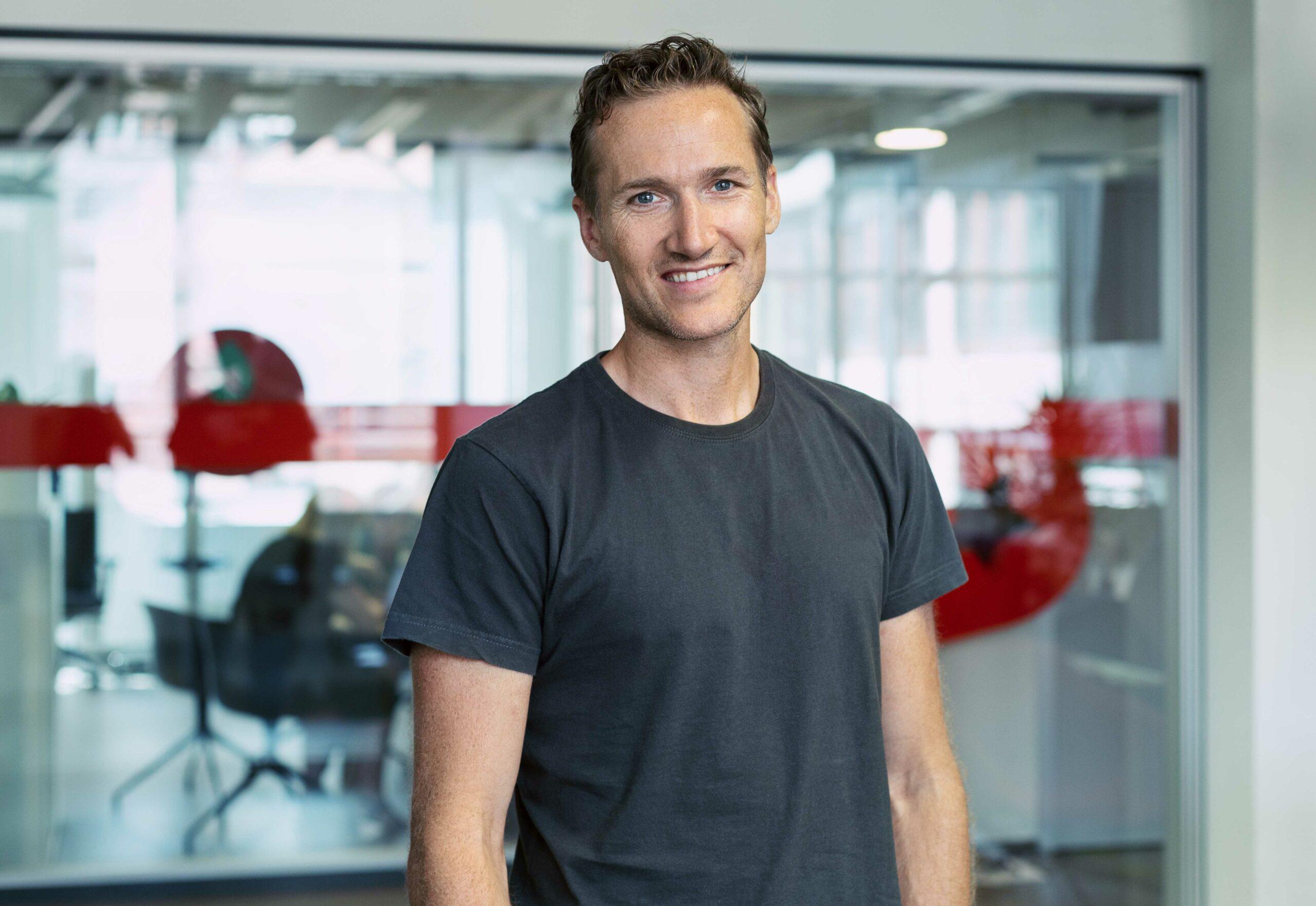Superman in a kebab frenzy

Netflix tells the story of Art+Com in "The Billion Dollar Code." The series paints a romantic picture of a time in transition. However, the journey through time is marred by a few unfortunate decisions made by the producers.
It's 1993, Berlin has just been reunited. The scenery is stuffy, it smells of canned beer, sweat and urine-soaked turnaround time. Nobody has ever heard of hygge here. Instead, there were underground parties, squats and a basic optimistic mood of departure.
What wasn't there? Internet, mobile phones, social media, "entrepreneurs" or VCs. So this is where art student Carsten Schlüter and hacker Juri Müller meet. Instead of a WHU seminar, they get to know each other at a party, where Schlüter acts as a kind of "first VJ". The shy Müller nerds him about DJing, gives tips on how to make animation more fluid. And with this encounter starts the story of the two founders, who together seem to unite what made Steve Jobs unique: aesthetic and technical perfectionism.
That should suffice as a setting, more would probably be spoilers. Instead of talking about the plot, I want to talk about the craft and the meta-level at this point: How do you actually direct a movie about something as boring as a pre-DotCom crash startup's patent dispute?
Netflix proves that it can certainly work: In the nearly five hours, you experience the emotions of the team that, against their will, becomes the "first German start-up." The euphoric highs of the early days, when thanks to team dynamics and a newfound sense of unity, all hurdles, no matter how big, seem surmountable. But also the cracks that appear when suddenly life gets in the way of the dream.
Feedback (kebab) sandwich
So what was good, what was not so dufte?
- The cinematic production is great, craftsmanship classy - As with Dark , Netflix manages to keep the cringe level down. We are, after all, talking about a German production here.
- The screenwriters manage to stage a drab plot in an exciting way. Grandiose that a story about the (supposedly) first German start-up, source code audits and with a high lawyer quota manages to get to number 2 in the Netflix charts (damn you, Squid Game!).
- I found the contrast between the neopunk-ish Berlin tech scene and the hippie-ish Silicon Valley exciting.
- Yes, kebabs are delicious - but why do the protagonists have to permanently have a kebab between their cheeks? Are the rather pale character traits supposed to be compensated for by kebab bashing?
- And why take two such good-looking actors to portray two broken (or at least bitter) founders? Instead of elaborate leekiness, you get to see Tatort beau Mark Waschke. Then again, maybe I'm just jealous that I didn't become an art professor with a six-pack.
- Then there's Mišel Matičević, whom I hold in extremely high regard for his acting in "In the Face of Crime" and am always happy to see him again. But here? He's clearly trying hard to slip into the skin of an overambitious hacker, but he just doesn't fit in there any more than his name fits into an ASCII character set. The (too) perfect hairline and arrogant-looking winning smile don't fit an ambitious dreamer whose childlike self-confidence was never formed and who then gets his primal confidence robbed in the business world.
- It wasn't really clear to me whether the Superman anecdote and the habitus of the main protagonists were evidence of a narcissistic megalomania or meant to serve the start-up kitsch notions of TV producers. There would have been more room for character development here, allowing the two leads to better showcase their acting skills.
- Bernhard Schütz, on the other hand, I totally buy the role as a telecom official and VC against his will. As in "Eichwald MdB", he manages to embody the fatuousness, visionlessness and fussiness of the German bureaucratic republic.
- The tough lawyer Lea Hauswirth (played by Lavinia Wilson) develops into the real heroine of the series by episode 3 at the latest. Great written character, great cast. I couldn't figure out if this person and their motives exist in real life (Google + LinkedIn was unsuccessful). I sure hope so, because the world needs someone like that.
Hollywood Hills vs. Mountain View
Unfortunately, the protagonists are set up as the uber-innovators. It seems like someone was worried that the actual invention wouldn't be enough.
I was irritated by the fact that Schlüter seems to have invented everything from video jocking to TVs in airplane seats. First website in Germany? By the Art+Com team, of course. And anyway: Everything the internet can do today, the two apparently planned ahead within their TerraVision "app" - WeChat would pale beside it.
But "apps" back then were still called "world innovation," were presented at big trade shows, and only ran on special computers that cost millions. In my opinion, the church could have been left in the village here and still portrayed the two founders as pioneers and great innovators.
And even if the Art+Com team really had all these visionary ideas, then as now: "Ideas are easy. Execution is everything." They lacked maturity of character, experience, capital, (political) support and network. At least two of these five disciplines are still very hard to find in the German start-up scene today.
Then as now
"We don't believe in the Internet" (Telekom, sic!), "Nobody makes money on the Internet" (Alman lawyer) or "A baking manual for the computer ... I don't have the imagination" (Alman patent lawyer) are wonderful authentic contemporary documents for the innovation-hostile mentality that has made life difficult for founders since those first hours of German digitalisation.
"The Billion Dollar Code" nevertheless shows that even we screwed-up Germans took the Internet revolution up several notches - be it Konrad Zuse (in the opening credits), the coups of the Chaos Computer Club or even visions of Art+Com: Silicon Valley did some things better than "us" back in the day, but smart people are here too.
I bow to the real people behind Art+Com. The fictional characters Juri Müller and Carsten Schlüter are only symbolic for the whole team. Like a moon landing, you have to have been there to guess what emotions and feelings actually shape such lives. Another tragedy of the story is that Joachim Sauter, probably the model for "Carsten Schlüter", died in July of this year - so he was not allowed to experience the belated tribute to his life's work.
The series therefore leaves me feeling sentimental, but also optimistic. It feels like the charm of the interdisciplinary interplay of art, technology and science has given way to a glut of soulless business model canvases.
At the same time, a lot has changed compared to back then, and the professionalization of our startup ecosystem is evident not only in the rising numbers of Unicorns, but also in the increasing numbers of US startups opening branch offices in Germany.
The next disruptions will come and then we will have a more competitive starting point. And already today there are glimmers of hope: be it the conquest of airspace for private transport (Volocopter) or bringing artificial intelligence into everyday life (Deepl & Celonis).
And thanks to Art+Com (and Netflix), we will then know why we shouldn't value our patents at less than ten million US dollars.
FYI: English edition available
Hello my friend, have you been stranded on the German edition of Startbase? At least your browser tells us, that you do not speak German - so maybe you would like to switch to the English edition instead?
FYI: Deutsche Edition verfügbar
Hallo mein Freund, du befindest dich auf der Englischen Edition der Startbase und laut deinem Browser sprichst du eigentlich auch Deutsch. Magst du die Sprache wechseln?














